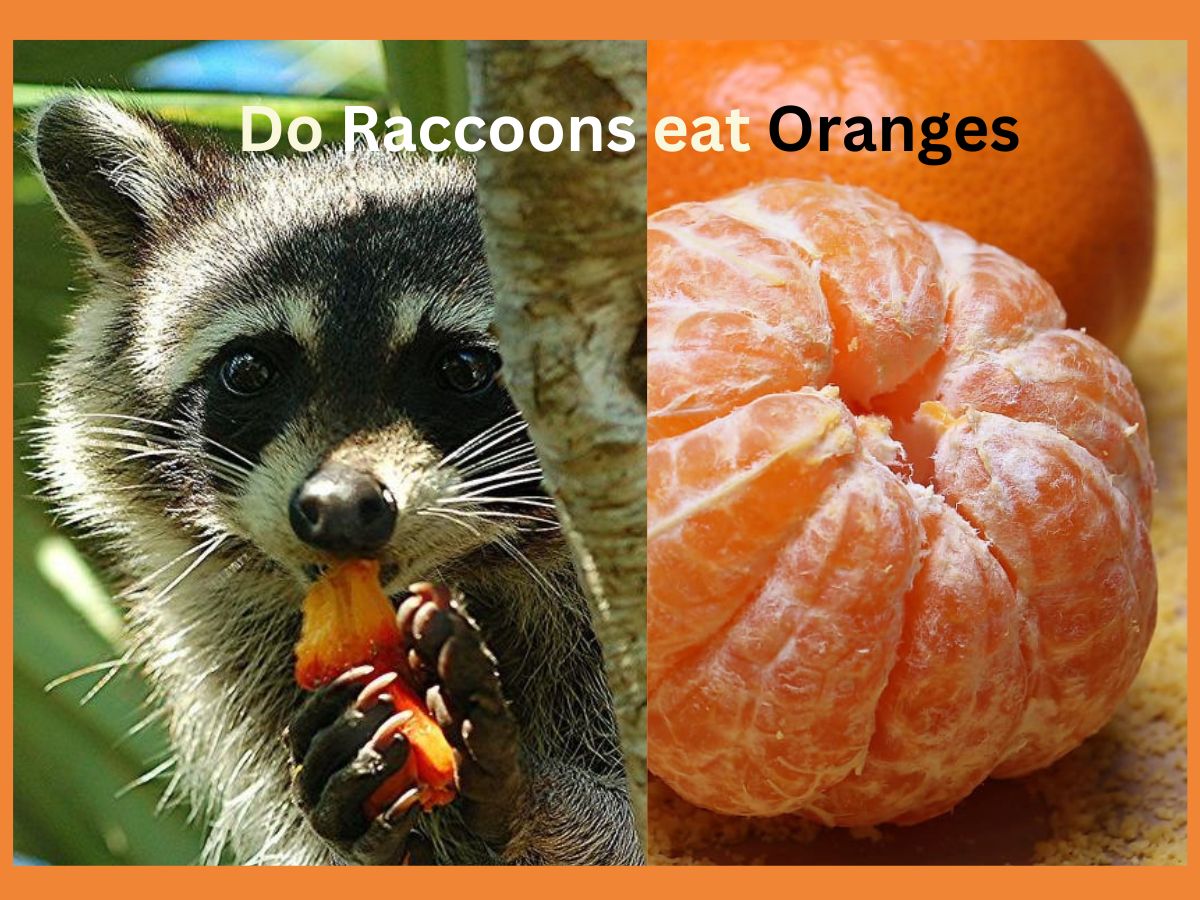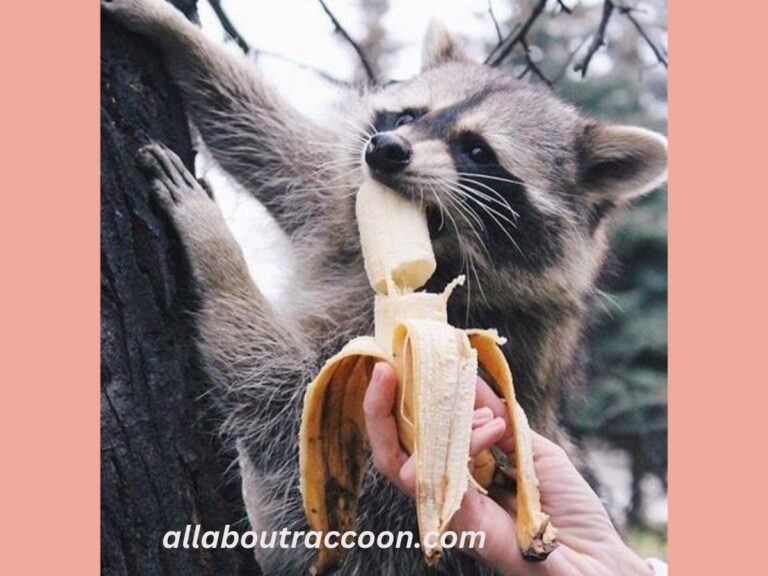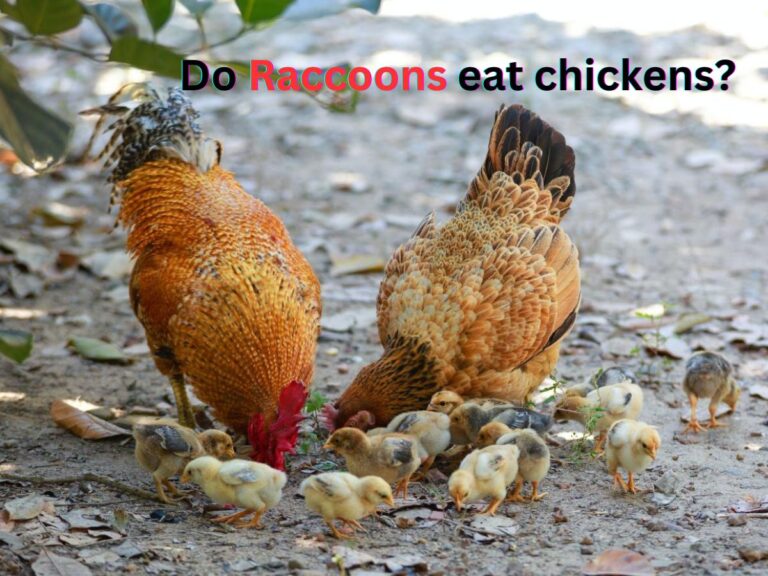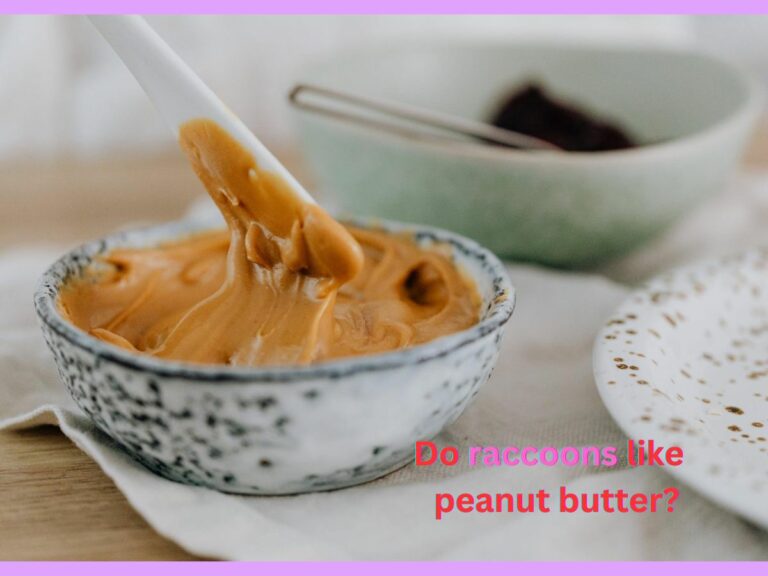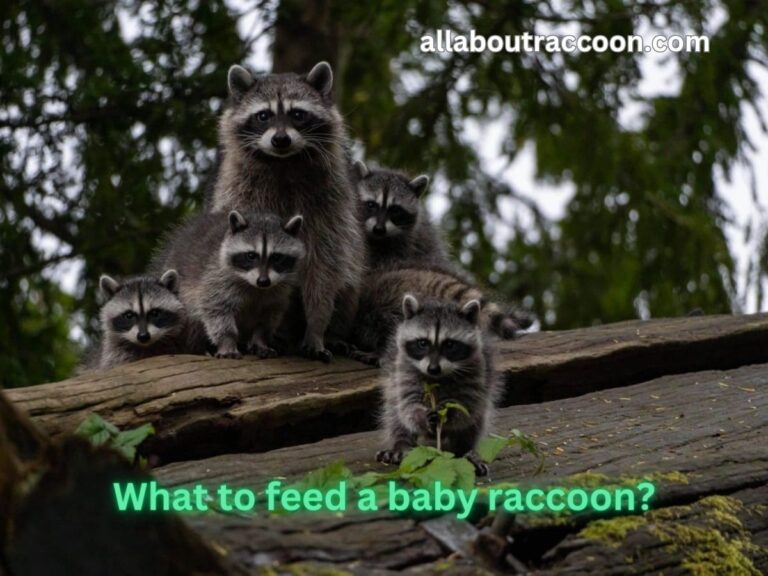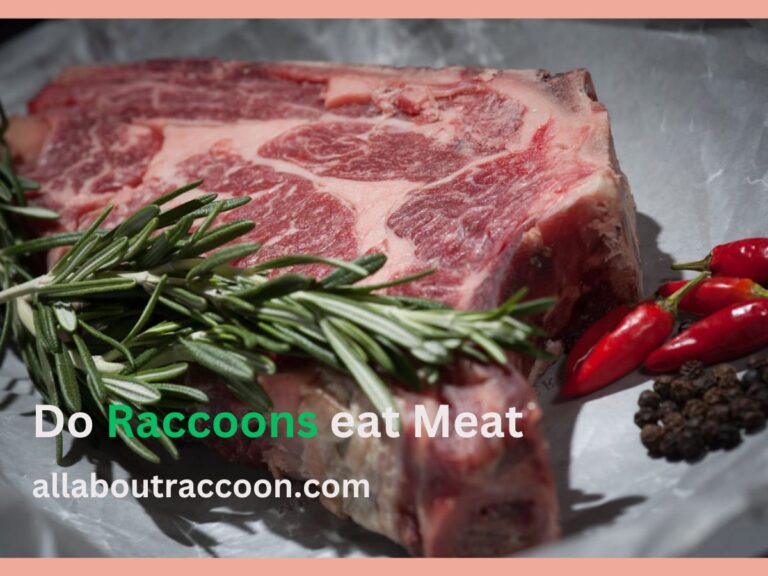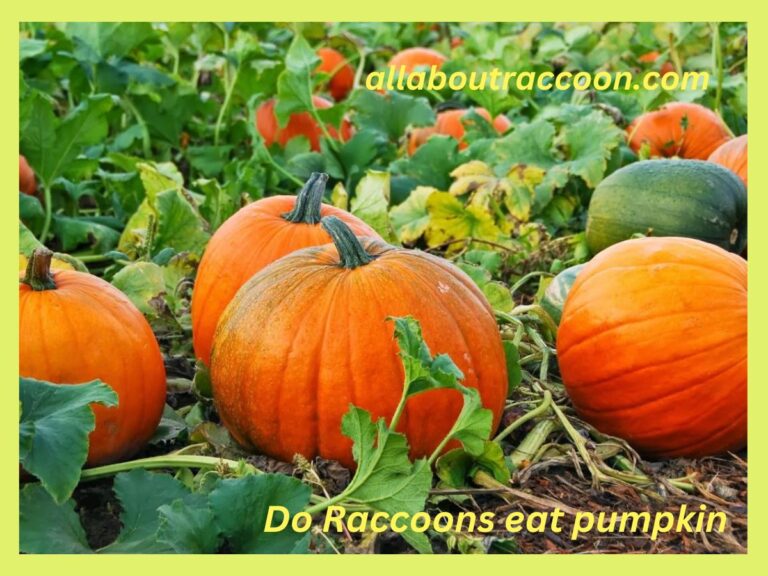Do raccoons eat oranges?- Nutritious Diet
Have you ever wondered what raccoons feast on in the wild? These mischievous creatures have earned a reputation for being opportunistic omnivores. They can eat from trash cans. But what about oranges? Do raccoons eat oranges? If yes, then why? What nutritional benefits do they get from oranges?
In this article, I will cover all the related questions about raccoon-eating behavior regarding oranges. Here, you will find accurate, authentic, and recently researched data. Let’s come to read and uncover the truth by knowing whether raccoons eat oranges or not. So, please have a deep look.
Omnivorous mammals- opportunistic eaters:
Raccoons are highly adaptable creatures, thriving in both urban and rural environments. Similar to ours, their diet is versatile and includes various fruits, vegetables, insects, small animals, and even human leftovers. Being opportunistic eaters, they are open about food items. In the wild, raccoons possess a diverse range of food including oranges. Yes, oranges, as it is the query of our concern. So let’s explore this fact.
What are oranges?- A brief intro
Before we discuss whether raccoons eat oranges or not; you should know a little bit about oranges.
- So, Oranges are a type of citrus fruit, scientifically known as Citrus sinensis.
- Basically, they belong to the Rutaceae family and are widely cultivated and consumed around the world.
- The fruit is round, typically measuring around 2.5 to 3.5 inches in diameter, with a bright orange color, and a thick, pitted skin or peel. Inside, oranges are divided into juicy segments covered by a thin, white membrane.
- The flesh is sweet and sour, and the taste can vary slightly depending on the variety.
Do Raccoons eat Oranges?- Fact or myth
The short answer is, yes! Raccoons do eat oranges when the opportunity presents itself. In regions where citrus fruits grow, such as oranges, grapefruits, and tangerines, raccoons occasionally indulge in these juicy treats. In truth, raccoons love to eat juicy and tasty oranges, if they have access to an oranges garden.
Raccoons use their strong sense of smell to locate these fruits quickly. Moreover, their nimble paws let them peel the fruit’s skin with surprising agility. So, they peel off the oranges and eat only the internal juicy segments. They never eat orange peels.
Can baby raccoons eat oranges?
Usually not! It’s not common for baby raccoons to eat oranges. Baby raccoons don’t eat oranges in the early stages of their lives. They rely on their mother’s milk initially. After 5, or 6 weeks old, they start to eat solid food including oranges.
How do they get access to oranges?-A Sweet Encounter
You can Imagine a calm orange orchard at dusk that seems to be bathing in the golden glow of the setting sun. As darkness spreads, raccoons emerge from their nests, attracted to the citrusy aroma coming through the air. Raccoons look so beautiful in the setting phenomena of the sun setting. Then, they pull the orange from the lower branch of the orange tree. Suddenly, the orange gets separated from the branch of the tree. Now it comes to mind how they eat it. Let’s explore.
Do raccoons eat orange peels?
No, not at all! They don’t feed on orange peels
After taking the orange, interestingly, they peel the orange with their tiny and soft hands. Then, they enjoy eating its full juicy succulent segments.
However, raccoons are known to eat oranges; but don’t make these fruits a staple in their diet. Their preference for fruits and vegetables depends on the season and the availability of food resources.

Nutritional values of oranges:
Just like for humans, oranges also offer some nutritional benefits for raccoons. Here is a brief view.
- Calories: 62 kcal
- Carbohydrates: 15 grams (Sugars: 12 g & Dietary fiber: 3 g)
- Protein: 1.2 grams
- Fat: 0.2 grams
- Vitamin C: 70 mg
- Vitamin A: 230 IU
- Folate (Vitamin B9): 39 micrograms
- Potassium: 237 mg
- Calcium: 52 mg
- Magnesium: 16 mg
What Benefits do they get from oranges?
Oranges contain essential nutrients. If raccoons eat oranges, they will be benefited as described below:
Nutritional content: Oranges contain various essential vitamins and minerals, such as vitamin C, which can contribute to the raccoon’s overall health and well-being. Additionally, oranges are very effective in enhancing the immune system of raccoons.
Prevention from dehydration: Oranges have a high water content. Thus, raccoons can obtain water content by eating juicy fruits like oranges. So oranges prevent the raccoons from dehydration in the dry seasons.
Energy source: Additionally, Oranges contain natural sugars, which can provide a quick source of energy for raccoons to maintain their daily activities. Oranges act as an energy boost for raccoons.
Palatability: Like many animals and humans, raccoons have taste preferences and may enjoy the taste of sweet or juicy fruits like oranges and other citrus fruits.
Potential dangers related to raccoons eating oranges:
While oranges can be a delightful treat for raccoons, they have potential risks in consuming these fruits. As excess of everything is bad, so if raccoons eat excessive amounts of oranges they may get disease. Here is a brief view:
Digestive Issues: Firstly, Raccoons have sensitive digestive systems, and consuming too many oranges or any unusual foods may lead to stomach problems.
Dependency on Humans: Secondly, if raccoons get used to getting food from humans, they may forget how to find their food in the wild. This can be dangerous for them when their usual food resources are in scarcity. Relying on too much human-provided food can harm raccoons and their capacity to survive on their own.
Attracting Other Wildlife: Lastly, if raccoons eat oranges or other human foods, they may attract other wild animals to these food resources. This situation may create an imbalance in the ecosystem.
Living in Harmony with Raccoons:
Understanding the natural behaviors of raccoons and the impact of human interactions on their lives is essential for fostering coexistence. Here are some tips on how to live in harmony with these intriguing creatures:
Secure Trash Bins: Raccoons are well-known for their ability to raid trash bins. Make sure to keep your trash bins securely closed away from the approach of raccoons. This step will prevent these curious critters from turning your waste into a feast.
Limit Food Availability: If you have fruit trees or gardens, consider using protective barriers or netting to keep raccoons away from reaching fruits.
Respect Their Space: Raccoons are wild animals and should be treated as such. Observe them from a distance and avoid interacting with or feeding them.
Conclusion:
The answer to “Do raccoons eat oranges” is yes. In truth, raccoons are indeed capable of eating oranges, demonstrating their adaptability and resourceful nature. They occasionally enjoy these citrus fruits. They get nutritional benefits from the oranges. These nutrients derive their metabolism by enhancing their energy level.
Basically, their diet is diverse and depends on various factors, including seasonal availability and their surroundings. They can also eat well on bananas and pumpkins as well.
It’s crucial to remember that raccoons are wild animals and should be respected as such. Humans should not take care of them as pets by providing them with food items.
FAQs:
Yes, they can eat other citrus fruits including oranges. They enjoy eating seasonal fruits. They are opportunistic eaters and eat all the readily available things.
They are intelligent creatures. They peel the oranges and eat the internal juicy segments of them. So, they never eat the peels of oranges.
Raccoons are omnivorous mammals. It means they eat well on both plants and animals. So, they eat well on fruits. In truth, they enjoy eating juicy, and delicious fruits.
Raccoons don’t like the smell of garlic. The garlic acts as a raccoon’s repellent. You can grow garlic plants around your precious orange garden to protect it from the attack of raccoons. Raccoons are irritated by their smell, so they have to leave the garden.

